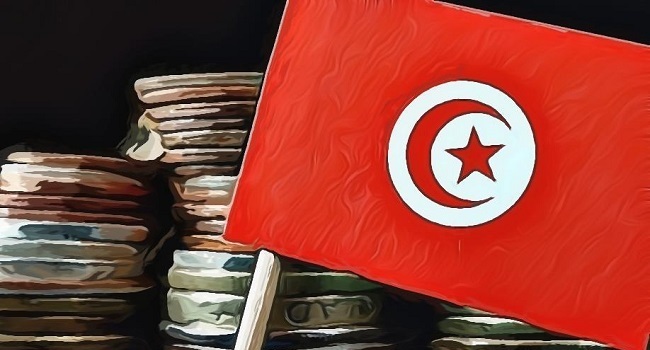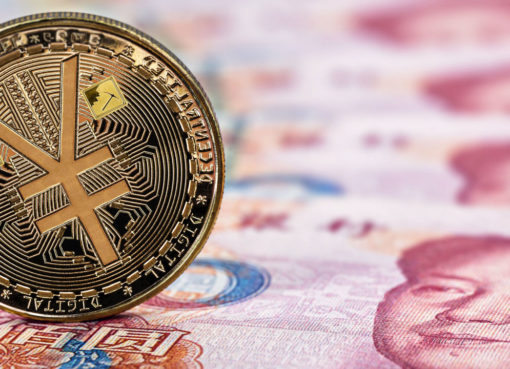In what comes as major development in the adoption of a blockchain technology and crypto, Tunisia announces its own Central Bank Digital Currency (CBDC). With this launch, Tunisia positions itself as the first major country to adopt a CBDC, faster even than previously anticipated.
The new cryptocurrency, called “E-dinar,” was officially released at the Forex Club of Tunisia after initial test runs. A symbolic transfer of one E-dinar was made between the head of the central bank and a representative of the International Monetary Fund (IMF).
The government of Tunisia has partnered with a company called Universa Blockchain to design the E-dinar. Universa Blockchain is a Russia-based technology enterprise that specializes in blockchain-based solutions. It claims that the E-dinar is the first of its kind CBDC through which the state can convert the traditional Tunisian dinar into an electronic currency.
The digitization of the Tunisian dinar was undertaken by Universa with a promise that for every electronic transaction that will be made, Universa will receive a percentage of the transaction as a service fee. The blockchain technology on which the E-dinar is based is a property right of Universa and as such the company will be able to access the digital ledger. As part of the agreement with the Tunisia, the Central Bank of Tunisia will also have a direct access to it.
Unlike regular cryptocurrencies that are decentralized and outside the sovereign jurisdiction of any state, the E-dinar will be state-owned as only the Central Bank of Tunisia will be able to issue the digital coins. The value of the digital currency will be pegged to the Tunisian dinar and thus making it a stablecoin.
Digital Currency Harder to Fake
Universa Blockchain offers security and convenience to the new platform as it protects the digital currency from loopholes such as counterfeiting. The Founder and CEO of Universa Alexander Borodich said that digital banknotes cannot be counterfeited like traditional currency because each digital coin will have a watermark that cannot be faked on another bogus coin.
The real benefit of issuing an electronic version of Tunisia’s traditional currency, he said, is that it is 100 times cheaper to issue. The central bank will save a tremendous cost that was originally expended on ink, printers and paper.
Tunisia will begin to reap the rewards of their new digital currency in full in the times to come. With the adoption of the E-dinar, its position on cryptocurrency has been made clear beyond doubt. It remains to be seen if the adoption will have a cascading effect on other countries that are considering similar designs for their own currencies.






